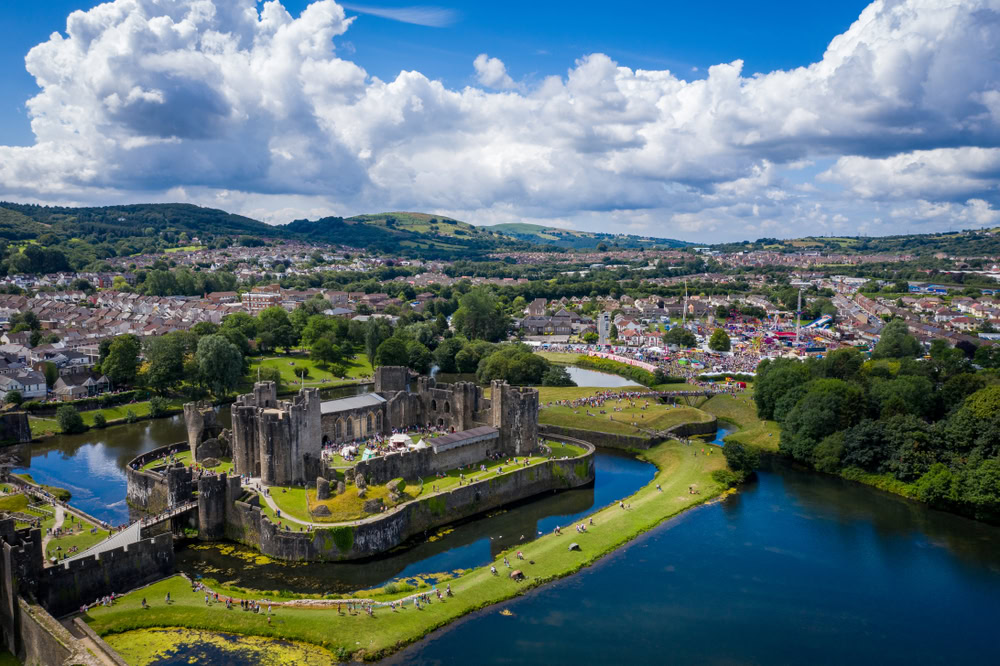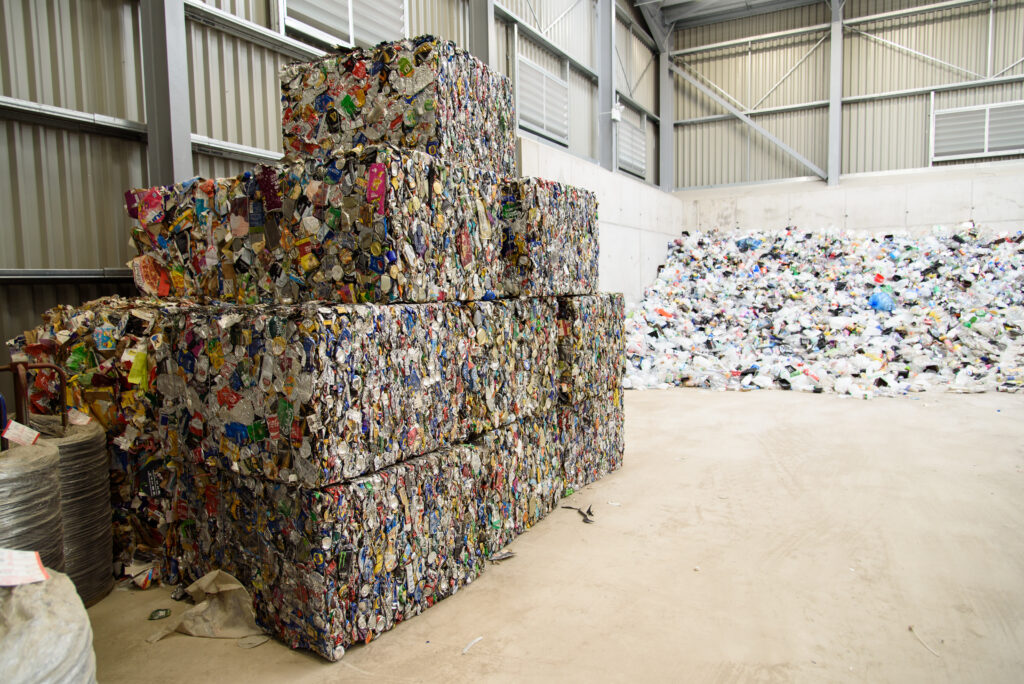The most recent Audit Commission statistics for recycling and composting rates among English county councils in 2002/03 put Cambridgeshire in third place behind Dorset and Hampshire (see letsrecycle.com's English league).
But the county has now started collecting food waste including cooked and uncooked meat along with the green waste it already collects from households in green wheeled bins. Along with existing collections of metal, glass, card, paper and textiles, it believes the kitchen waste service will push them into the lead.
Cambridgeshire waste policy manager Mark Shelton said: “The recycling rate in Cambridgeshire last year has already increased to 29%, and we are really very pleased about this development and how it will help local authorities further.
“I believe that adding kitchen waste could increase our green waste collection by between 10-25% and could even help us exceed our targets.”
Cambridgeshire has issued green bins to over 90% of its residents so far, and next year it plans to increase this to every household in the county. The new kitchen waste service is being advertising on local radio and in local newspapers this week.
Donarbon
Kitchen waste from four Cambridgeshire collection authorities – South Cambridgeshire, East Cambridgeshire, Fenland and Cambridge – will go to Donarbon Waste Management's Waterbeach site for composting. Donarbon already composts 30,000 tonnes a year of Cambridgeshire's green waste under a contract set to run until 2007.
The company has invested 1 million to comply with the UK animal by-product regulations, which require any composting containing animal by-products to be processed 'in-vessel' under strict conditions. The facility has a Defra licence having been subject to testing by the State Veterinary Service and Trading Standards.
Green waste and the kitchen waste collections among three of the collection authorities are weekly, while South Cambridgeshire opted to run the service on alternate weeks.
Mr Shelton said that since complaints were received regarding potential odour problems with an alternate-weekly collection, the council has been advising residents to “wrap any smelly food in paper before putting it in the bin”. If a resident has particularly pungent waste near to the time their residual waste collection is due, he said they are advised to put the waste in the black bin.
The fifth Cambridgeshire collection authority, Huntingdonshire, collects just green waste at the moment from 10,000 properties, which it sends to local composter Marshalls. The district plans to expand this service to 50,000 households next year.
Cambridgeshire also has a home-composting scheme, which Mr Shelton said complements the green waste collection since there is a huge amount of green waste in the area.








Subscribe for free